A Global Effort to Aid in Flood Recovery
A renowned Israeli search and rescue team is actively involved in the recovery efforts in Kerrville, Texas, combining advanced technology with traditional methods to locate flood victims in the Texas Hill Country. This team, known as ZAKA Search and Rescue, is a volunteer-based, interfaith organization that has been responding to global tragedies for over three decades. From the 9/11 attacks to the Surfside collapse and earthquakes in Turkey, ZAKA has consistently shown its commitment to aiding those in need.
Despite the ongoing conflict in their homeland and limited commercial flights, ZAKA leaders felt an urgent need to assist after seeing the devastation on television. Marnix Van Ede, ZAKA’s Director of International Relations, emphasized their motivation: “The United States is our strongest ally, and this is just a small way we can express our thankfulness.”
ZAKA is collaborating with local Texas first responders to use cutting-edge flood simulation technology. This technology, developed by Professor Barak Fishbain at the Technion-Israel Institute of Technology, analyzes flood dynamics based on terrain features, elevation, water velocity, and local geography. By using data from Texas emergency officials, the ZAKA team refines their models to focus on high-priority search areas.
“Computer simulations help us determine where victims may have drifted,” explained Van Ede. “It also involves AI calculations and simulations.” Valerie Dyksztejn, ZAKA’s International Deputy Commander and a software engineer, manages the technical aspects of the mission. Due to the sensitive nature of the data, she could only share certain models, as others contained classified information about specific victim locations.
Despite the absence of a Jewish community in Kerrville, ZAKA was warmly welcomed by locals. A synagogue in San Antonio connected the team to a Rabbi, who arranged daily deliveries of Kosher meals. Community members also offered housing during the team’s stay. “The Texan hospitality is incredible,” said Van Ede.
On-site coordination is led by Nachman Dyksztejn, ZAKA’s International Commander. He emphasizes that the team arrived with technical equipment and decades of experience, but most importantly, a mission grounded in dignity. “First of all, to save lives,” said Van Ede. “But with the unique feature to recover victims and to honor the dead.”
ZAKA volunteers stress that recovery is not just physical—it’s spiritual. “From a Jewish perspective, it is very important the person has a proper burial,” Van Ede said. “The biggest honor you can give, in Jewish tradition, is to honor the dead. It is also closure for families of the victims.”
ZAKA includes 4,000 volunteers in Israel and 2,500 more around the world. Their work is interfaith and international. “On our teams we also have Christians, we also have Muslims—and every tradition has its own way of honoring the dead,” said Van Ede.
Even amidst current attacks from Iran, Lebanon, and unrest within Israel, ZAKA leaders say their commitment to humanity surpasses borders or politics. “We’ve been to Turkey—even when it’s not Israel’s biggest friend always,” said Van Ede. “ZAKA is there to help anyone.”
The group aims to launch a global initiative called ZAKA Menorah, which will focus on setting up interfaith emergency response teams that can act quickly without being bound by bureaucracy or diplomacy. ZAKA says they will remain in Texas as long as needed and hope the models they’ve built and the partnerships they’ve formed will serve as a blueprint for fast, coordinated response to future disasters.

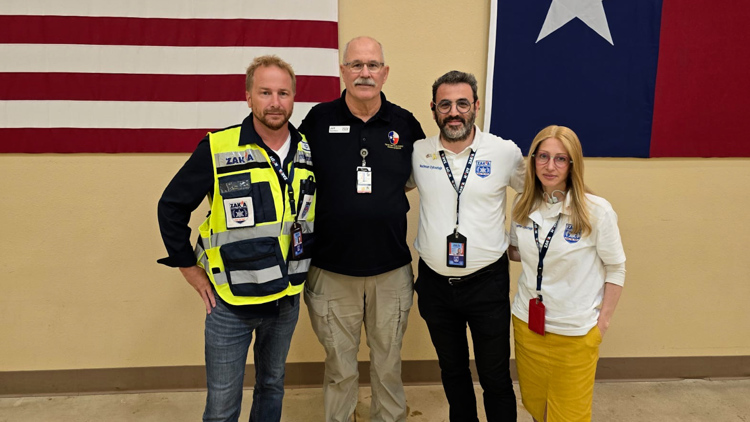




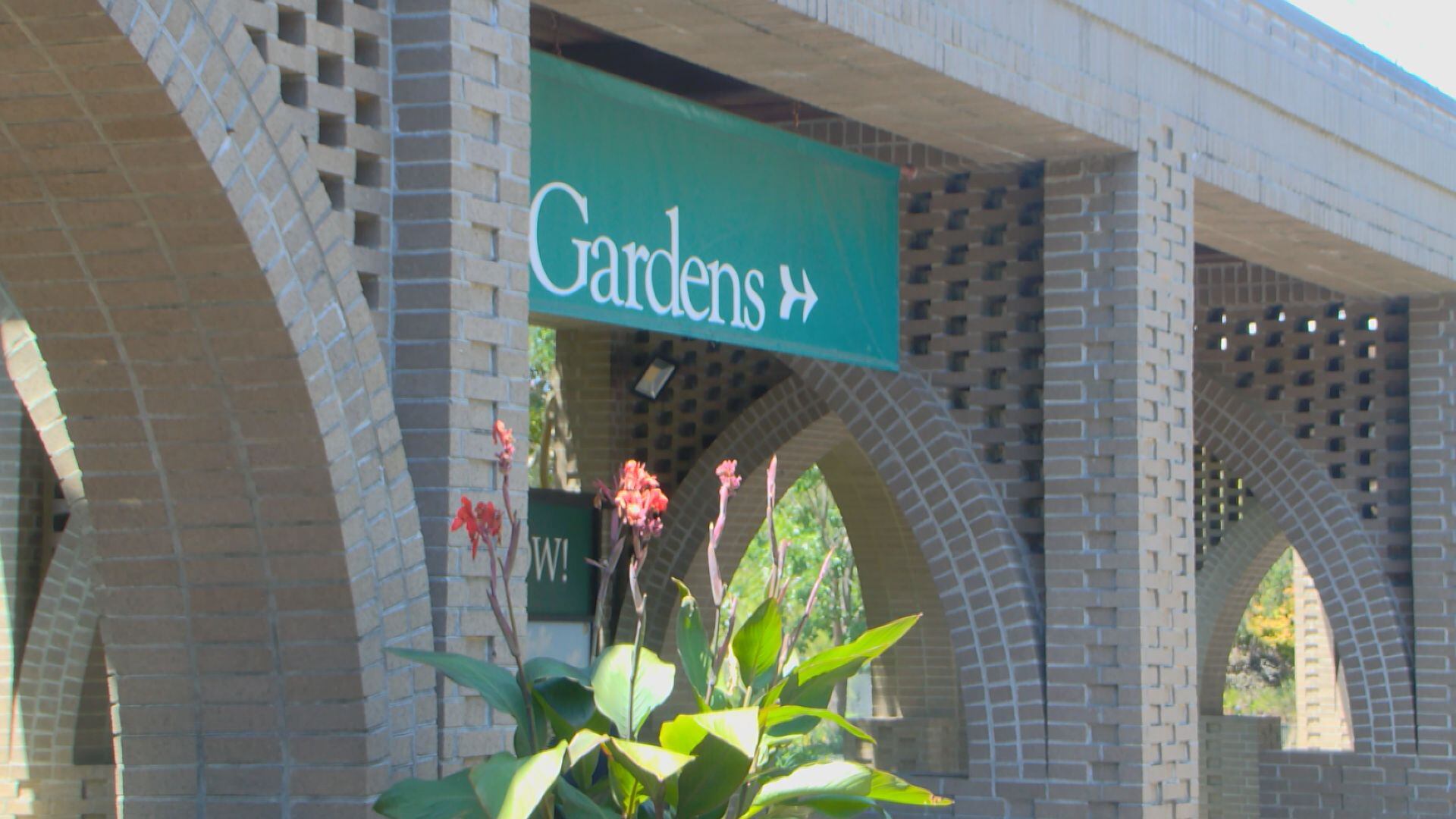
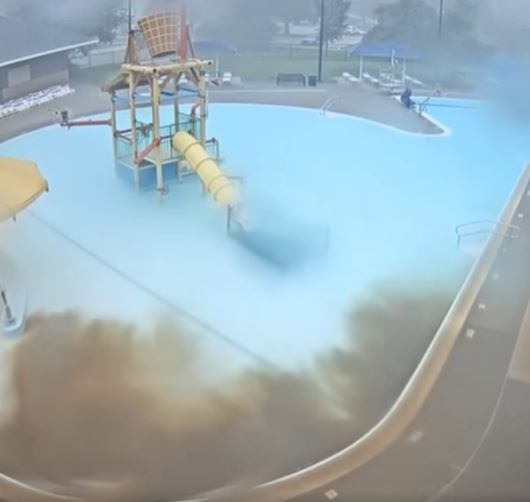
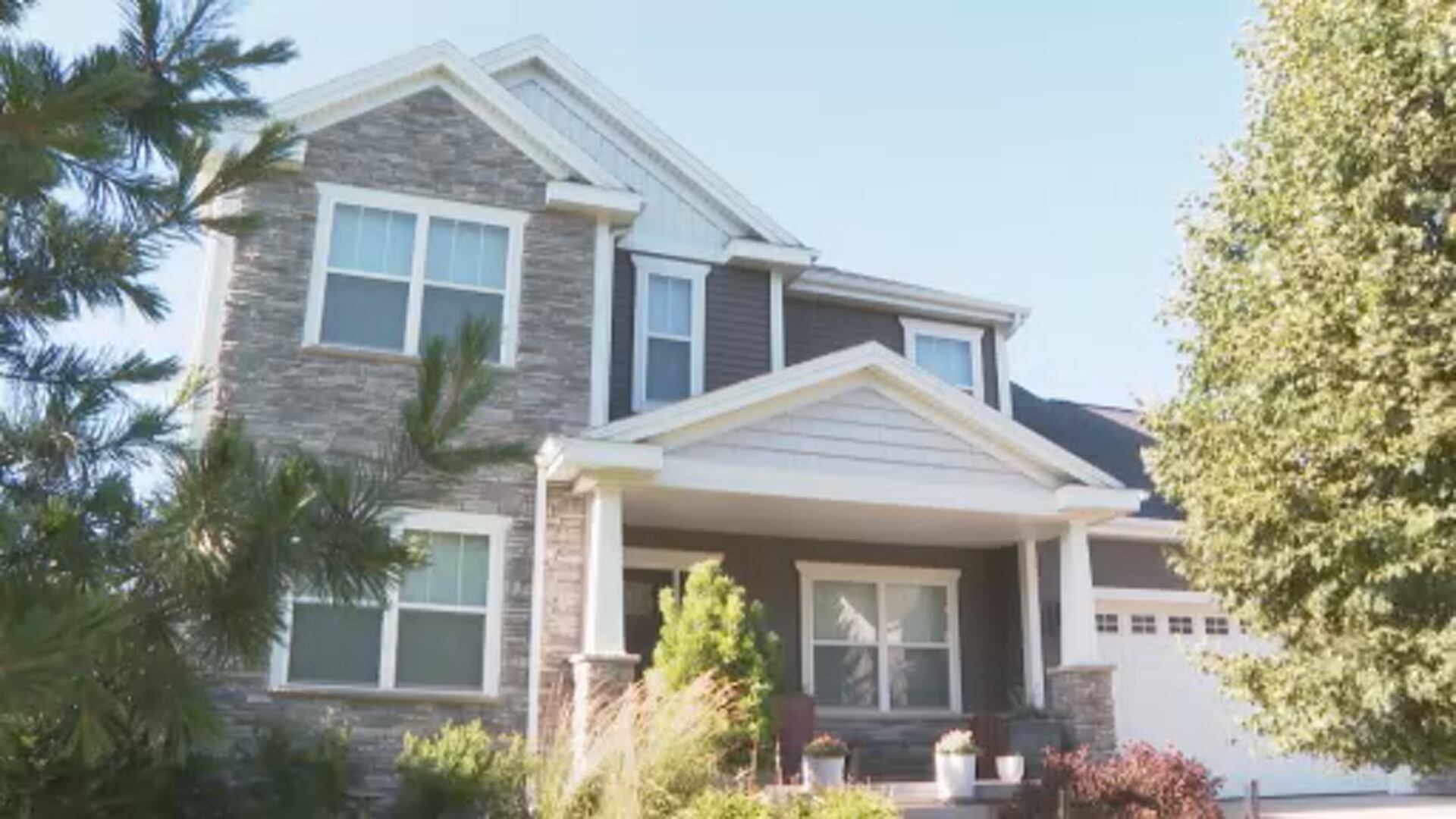
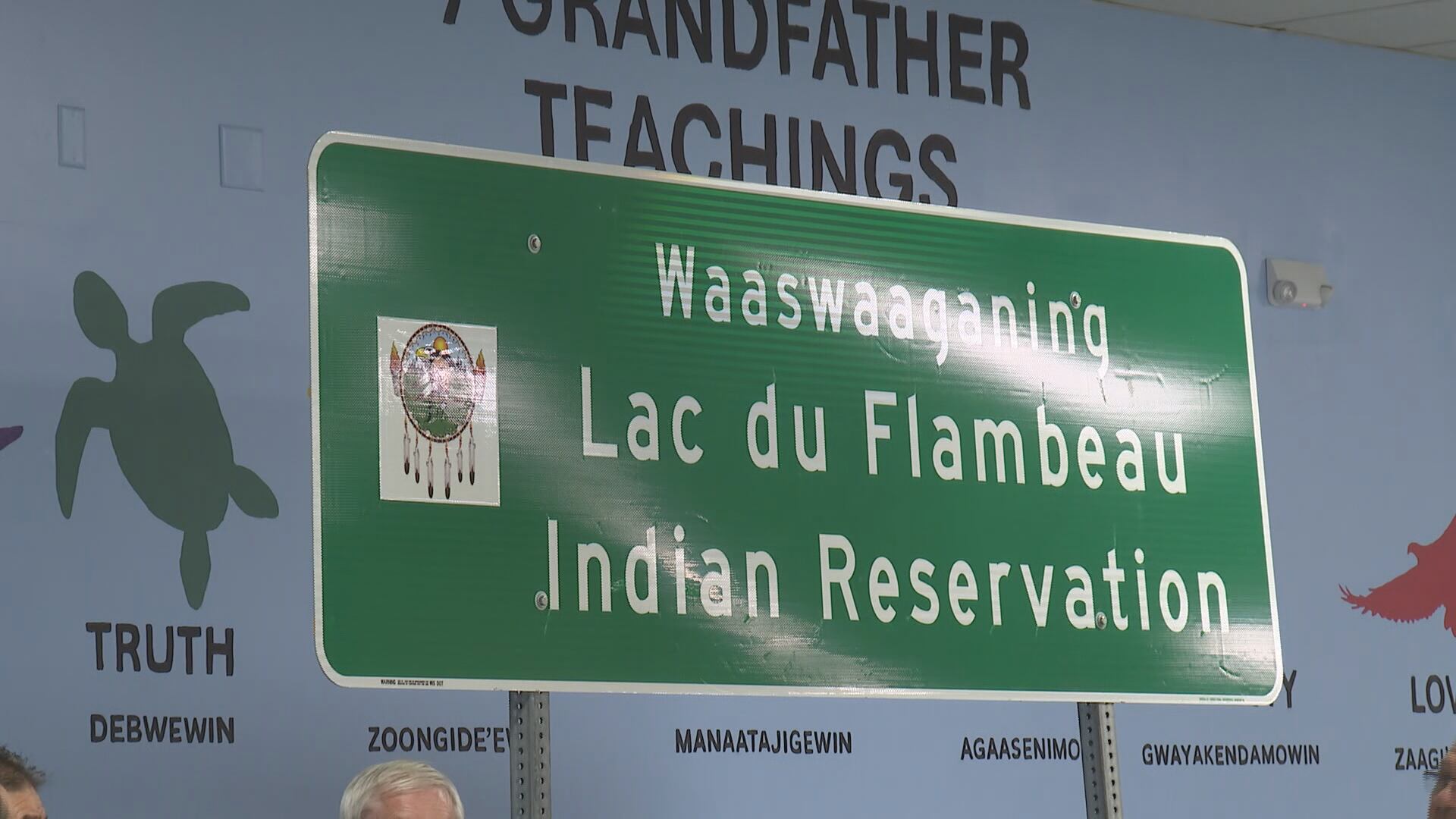
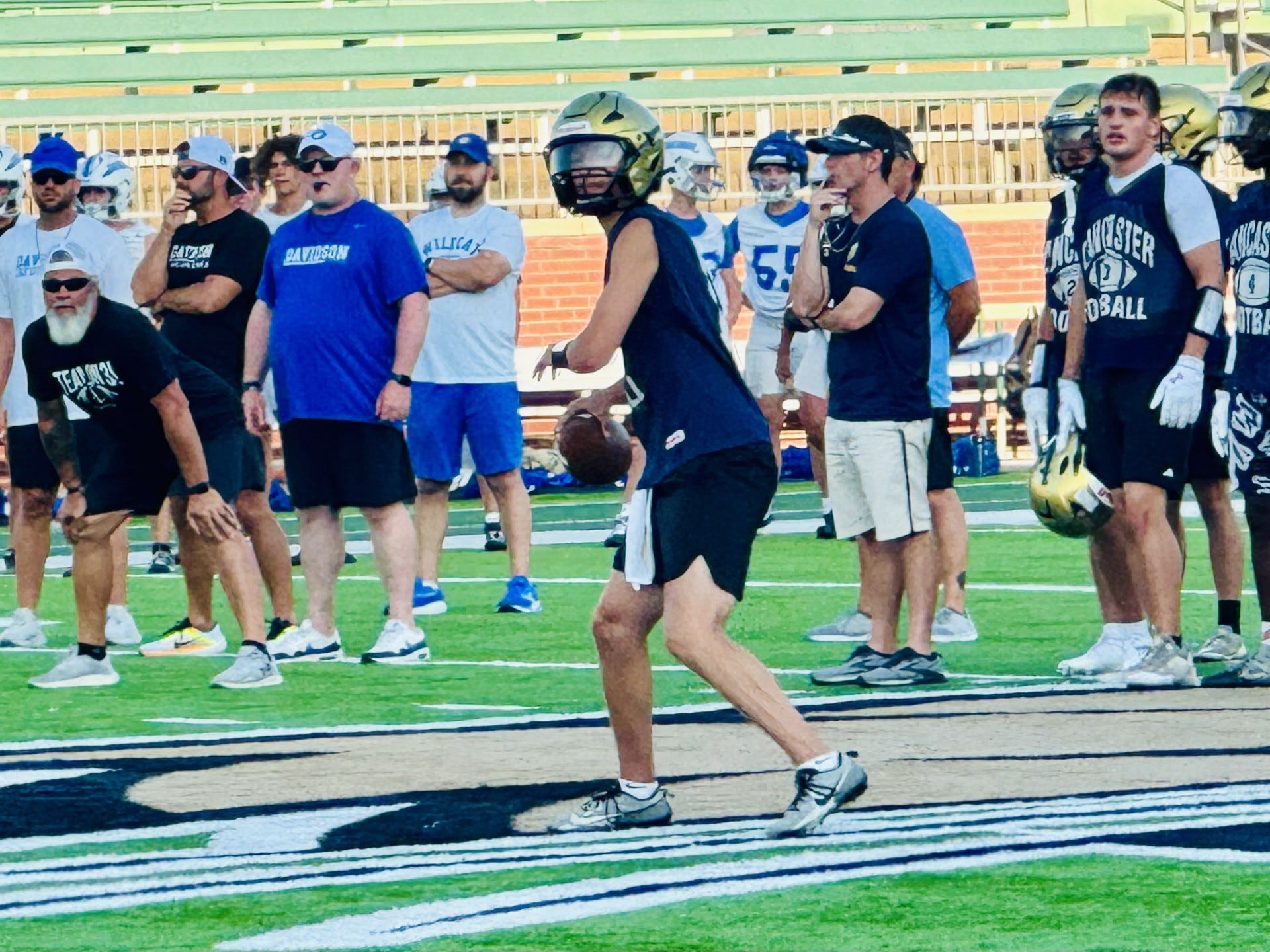

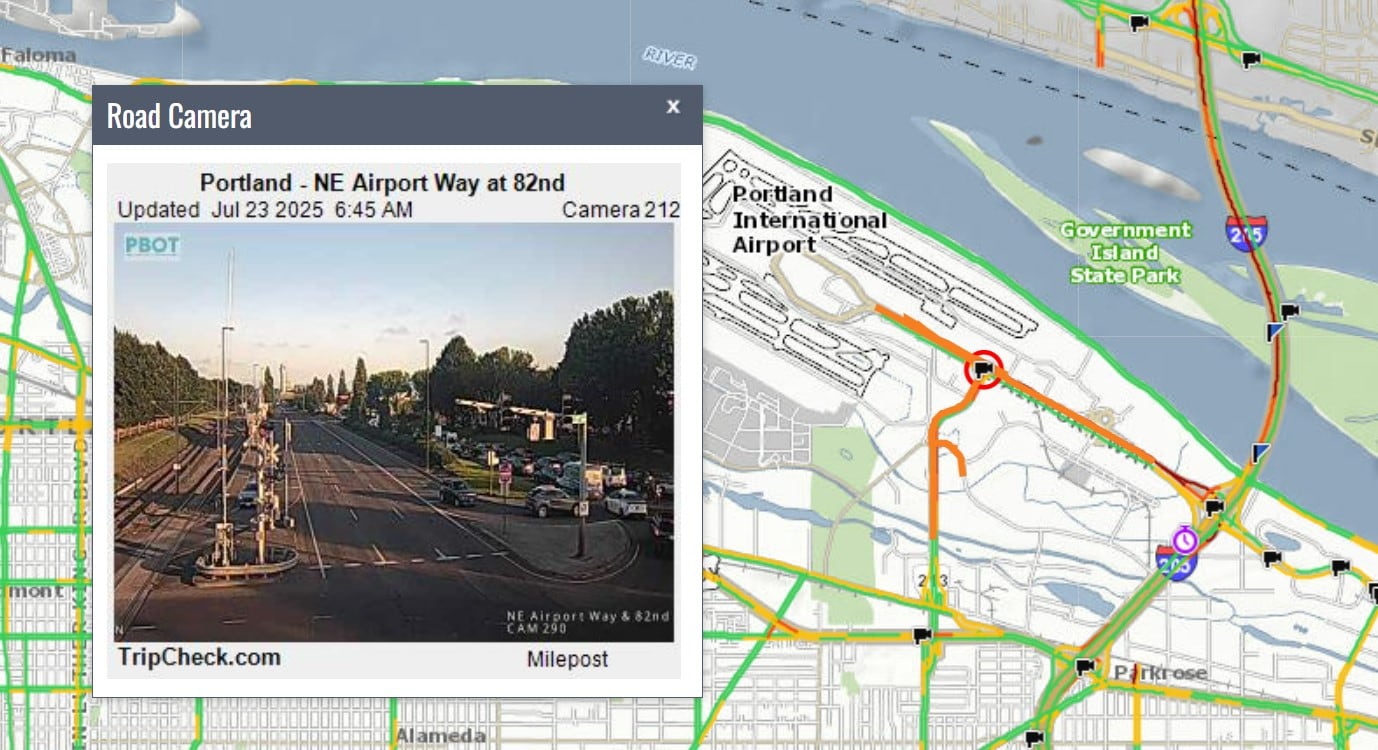
cannabis
weed drinks online discreet delivery